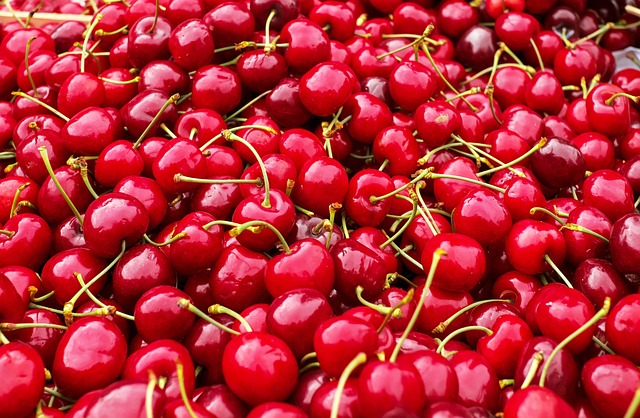Probiotic Powerhouses: Discovering Nature’s Best Sources for Healthy Bacteria
Probiotics are living microorganisms that provide numerous health benefits when consumed in adequate amounts. These beneficial bacteria aid in digestion, support a healthy immune system, and even promote mental well-being. While probiotics can be taken in supplement form, some of the best sources can be found in nature itself. Let’s explore some of nature’s probiotic powerhouses:
1. Yogurt
Yogurt is one of the most well-known and widely available sources of probiotics. It is made by fermenting milk with various live bacteria cultures, including Lactobacillus acidophilus and Bifidobacterium lactis. These strains help balance the gut microbiome and improve digestion. When choosing yogurt, opt for varieties that state “live and active cultures” on the label to ensure you’re getting the full probiotic benefits.
2. Kefir
Kefir is a fermented milk drink that is similar to yogurt but has a thinner consistency. It is created by fermenting kefir grains with milk, resulting in a probiotic-rich beverage. Kefir contains a diverse range of beneficial bacteria and yeast strains, making it a potent source of probiotics. Some studies suggest that kefir may have additional health benefits, such as improving bone health and reducing inflammation.
3. Sauerkraut
Sauerkraut is a traditional German dish made from fermented cabbage. During the fermentation process, natural bacteria feed on the sugars in the cabbage, creating a tangy and probiotic-packed food. It is an excellent source of Lactobacillus bacteria, known for its gut-healing properties. Additionally, sauerkraut contains fiber and other essential nutrients, making it a nutritious addition to any diet.
4. Kimchi
Kimchi is a traditional Korean dish made from fermented vegetables, most commonly cabbage and radishes. Similar to sauerkraut, kimchi undergoes lactic acid fermentation, enhancing its probiotic content. It is rich in vitamins, minerals, and antioxidants, making it both a flavorful and nutritious choice. Kimchi can be enjoyed on its own as a side dish or used to add a punch of flavor to various recipes.
5. Miso
Miso is a staple in Japanese cuisine and is made from fermented soybeans, rice, or barley. It is a flavorful paste with a rich umami taste. Miso is a source of the probiotic strain known as Aspergillus oryzae, which has been linked to various health benefits, including improved digestion and immune function. Miso can be used to make soups, sauces, and marinades, adding depth of flavor to dishes while providing probiotic benefits.
6. Tempeh
Tempeh is a traditional Indonesian soy product that is made by fermenting soybeans. It has a firm texture and a nutty flavor. During fermentation, natural bacteria produce enzymes that break down the soybeans, making them more digestible and increasing their probiotic content. Tempeh is also a good source of protein, making it a popular choice for plant-based diets.
7. Kombucha
Kombucha is a fizzy, fermented tea that has gained popularity in recent years. It is made by fermenting sweetened tea with a SCOBY (symbiotic culture of bacteria and yeast). The fermentation process converts the sugar into beneficial acids and carbonation. Kombucha contains a variety of probiotic strains and is also a source of antioxidants. However, due to its fermentation process, it may contain trace amounts of alcohol, so it’s important to consume it in moderation.
These are just a few examples of nature’s best sources for healthy bacteria. Incorporating these probiotic powerhouses into your diet can help support your gut health and overall well-being. Remember to choose high-quality, natural options, and if desired, consult with a healthcare professional or nutritionist to determine the best sources and amounts of probiotics for your specific needs.







